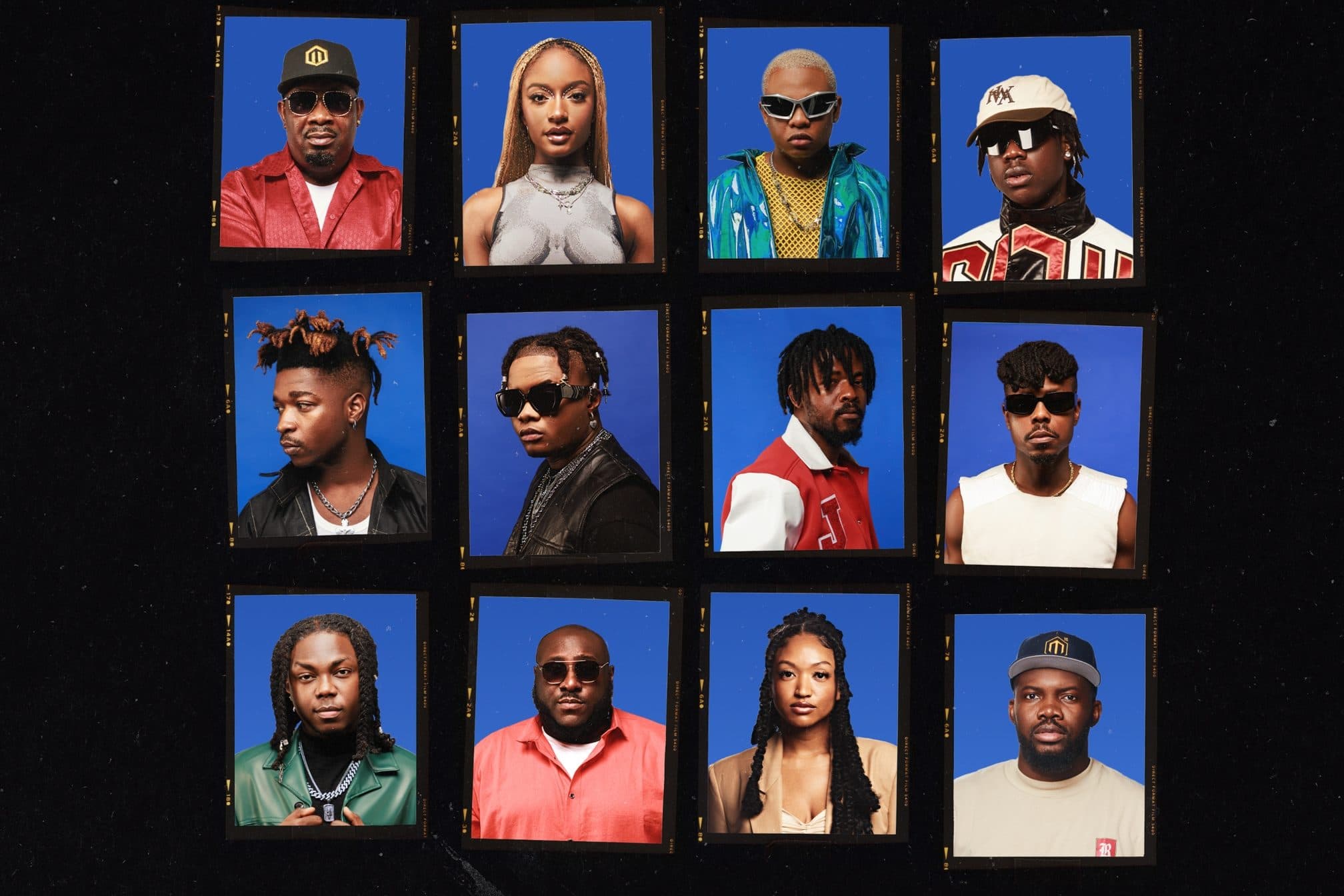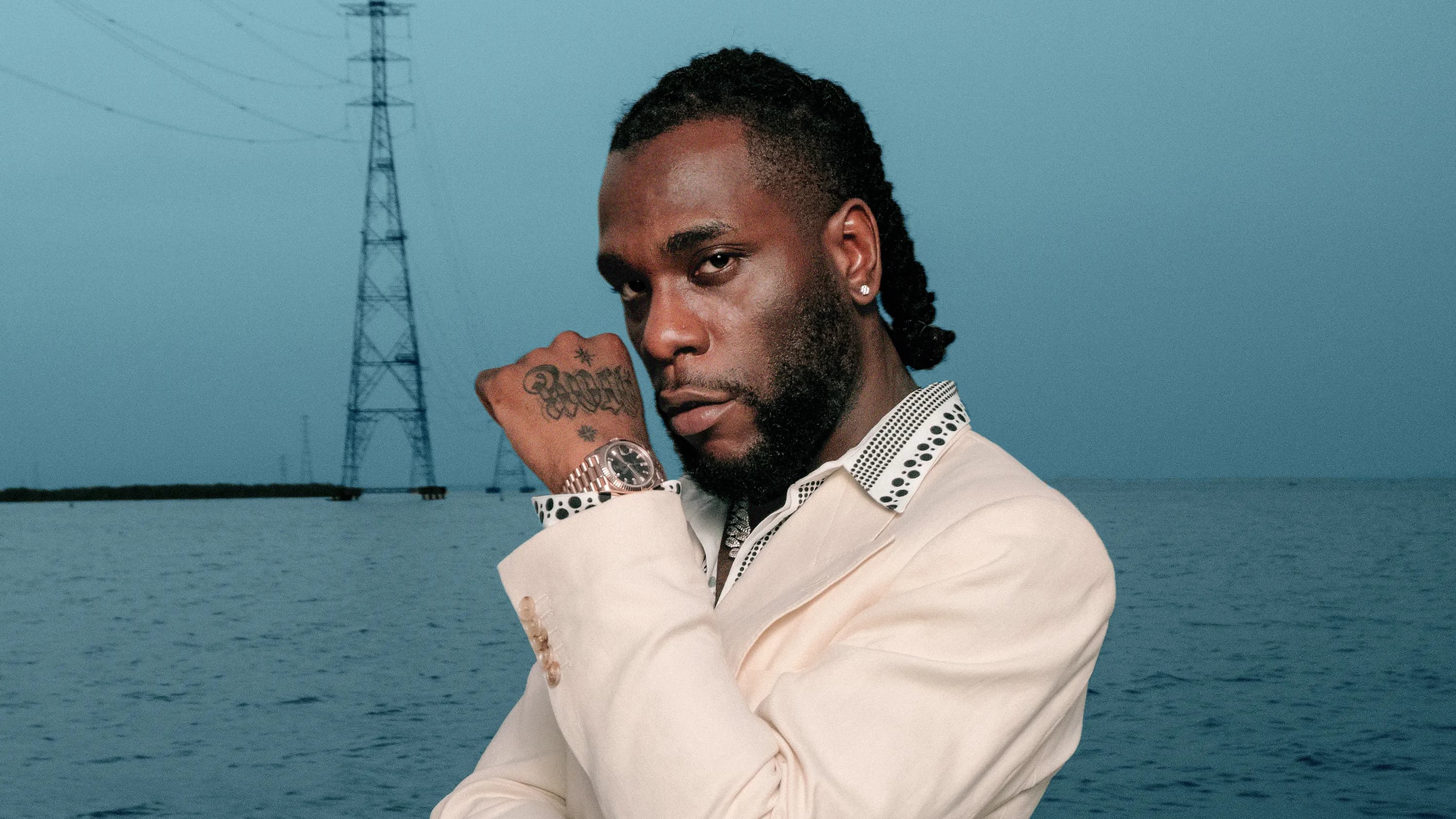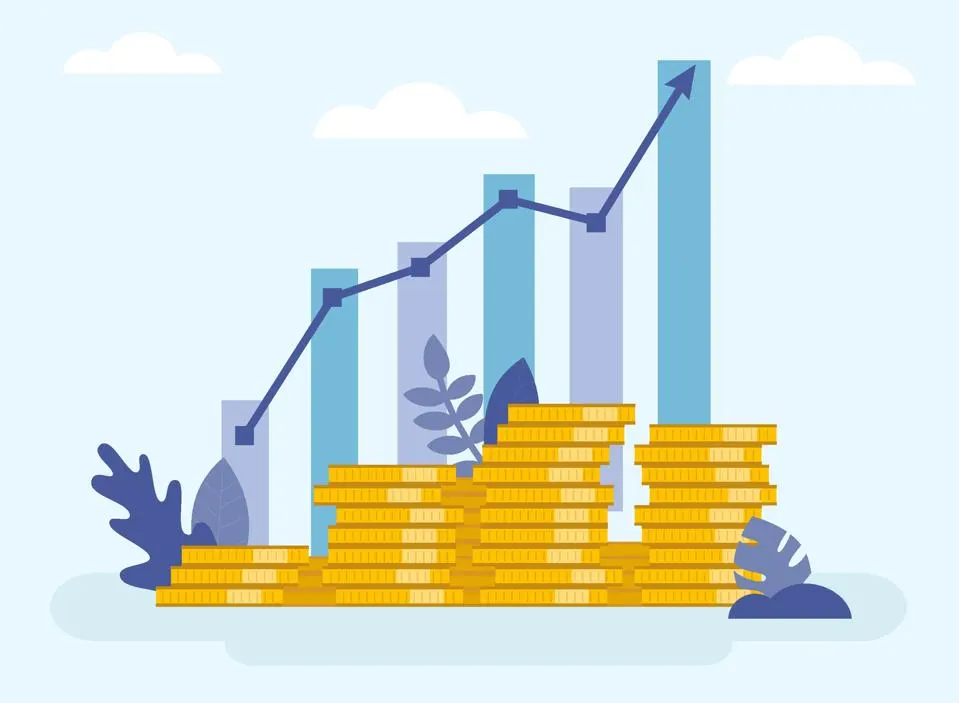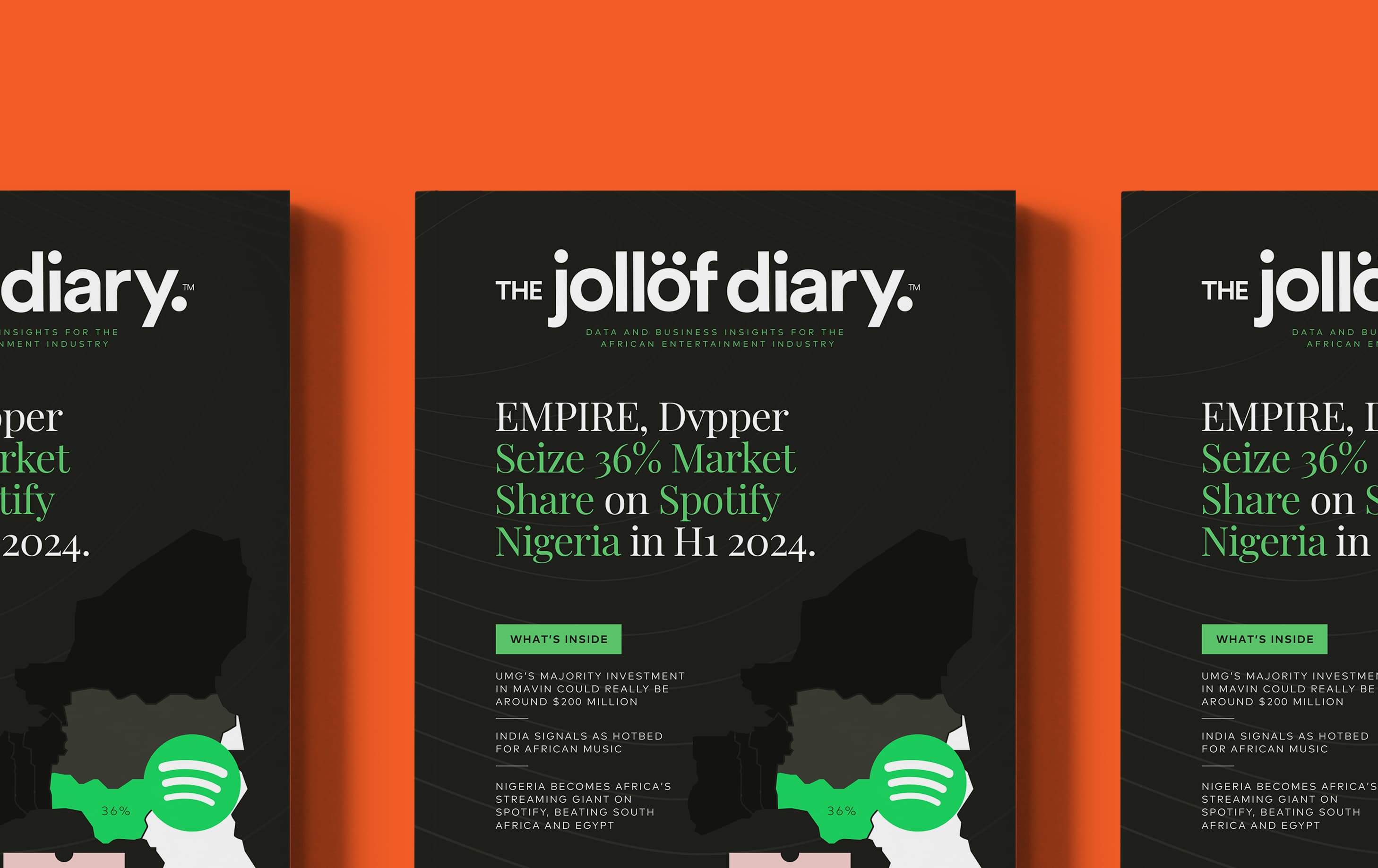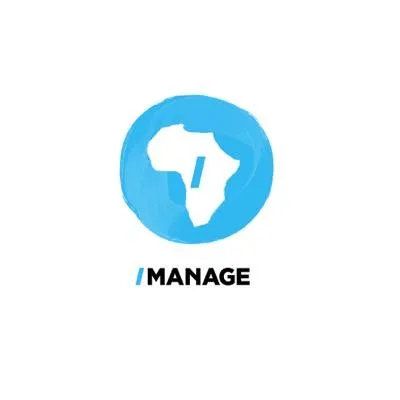Nigerians are Inching Towards Catalogue Consumption, but is the Music Industry Nodding to this rhythm?
Presently, artists are saddled with the issue of guiding listeners to a new release, sustaining its stay on the charts and etching it at the fore of listeners’ consciousness to evoke replay value.

The Industry So Far…
The Nigerian music scene has been mired in controversies that are making the future of the industry need a more cursory look. Front-leading stars have denounced the genre, artists & labels are still resorting to questionable streaming tactics, and teams who’ve launched talents in recent months can attest it’s getting harder to break new artists.
There’s success on the social media front but that’s not leading viewers and listeners to take an advanced step to listen to the whole song.
Aside, a significant issue presently confronts artists: the inability to guide listeners to a new release, sustain its stay on the charts and position it at the fore of listeners’ attention to evoke replay value. Music marketing, right now, is probably in a state of chaos. While teams keep generating groundbreaking ideas to break a song, it's hardly translating into the anticipated streaming success. There’s success on the social media front but that’s not leading viewers and listeners to take an advanced step to listen to the whole song, put it on replay, and also share with their community, which is every marketer’s dream.
For the first time since 2019, it appears the soundscape might be stuck. Listeners, particularly those who take time to engage in conversations have been yapping about Afrobeats’ stagnant phase. There’s wide consensus that the soundscape is due for a change. And while many listeners are now hoping that long-awaited releases from established artists usher in some excitement, only a fraction of listeners are taking active steps to dig into releases of relatively unknown artists.
That decision taken at the first play then spirals into later behaviors such as not recommending the song, talking down on the song on socials, skipping the song when it appears on a playlist and also swiping past content related to the song
“There’s something about this current music scene that’s giving static. Aside from one or two songs this year, there’s also a pattern of people moving on quickly,” a music industry observer explains.
“They hear a song once, and they’ve quickly formed a decision about it, whether it’s worthy of repeated listens or if it's not just good enough. That decision taken at the first play then spirals into later behaviors such as not recommending the song, talking down on the song on socials, skipping the song when it appears on a playlist and also swiping past content related to the song.”
Discovery is dying
Few years ago, placements on a handful of playlists and co-signs from known players in the industry were just enough to introduce an artist to the mainstream space. Now, it’s taking more activities, a diverse array of marketing plays, perhaps some controversy and the lucky strike of a Tiktok viral hit to lift an artist from being unrecognized to a substantial amount of listeners taking a definitive step to press “play”.
2020 was one shape-shifting era where we had two things: an abundance of quality songs and an abundance of time to spend with these songs
Could this be a moment for catalogue to shine?
Hear me out!! The last two years for Afrobeats have brought an abundance of addictive songs, spawns of listeners have yet to fully move away from. A look at the Apple Music charts on random days—which we’ve all gotten used to as the defacto music success metric—would sometimes see songs like Asake’s Terminator, Wizkid’s Mood, Burna Boy’s Way Too Big still holding spots on the charts. Why are these 2 to 3-year-old songs still a main fixture on the chart after such a long time has passed since their release?
“2020 was one shape-shifting era where we had two things: an abundance of quality songs and an abundance of time to spend with these songs,” Harbim Pryme, a music marketing expert tells me.
“Now, people don’t have that extra time to regurgitate or give the song a second or third listen before they form their thoughts. In the first instance, the decision is taken already. Currently, let’s be honest, there’s a circulation of not just quality enough songs.
Then in 2020, it was listeners searching for what’s new they can listen to out of boredom. But now in 2024, years after the pandemic, you have to do more just so you can place your song at the right corners for people to discover.”
Why are listeners returning to these albums to listen to them?
Quality aside, it seems many listeners are in the age of nostalgia where people crave for what they used to have in the past, either be it the presence of a loved one or a memory they adored or the usual wishful thinking of if there can be a return to simpler times. People are also revisiting memories and songs that soundtracked those memories.
If a horde of Nigerian listeners are actively returning to Burna’s Way Too Big, even favoring it than tracks from his recent album release, “I Told Them” that had heavy hitters such as Giza, which was buoyed by an extensive marketing play and its run prolonged by a music video that stoked excitement later on, it’s a signal there might be a brewing excitement for catalog here, that's going unnoticed by artists and their teams.
There are exactly 63 catalog songs by Nigerian artists holding different positions on the Apple Music Top 100 chart.
A catalogue song refers to music that’s at least 18 months old. But the definition of ‘catalogue’ can also vary. A song is also deemed catalogue if the artist has moved on from the song and gone ahead to release two, three songs after it or even an entire project that doesn’t include that song. For example, Asake’s 2:30 could be considered a catalogue, since the artist isn’t currently marketing it, and has gone ahead to promote other singles after its release, although the song itself is included in his last album. For this piece, we look at songs that are at least a year old.
Using this metric, there are exactly 63 catalog songs by Nigerian artists holding different positions on the Apple Music Top 200 chart. It’s uncertain that these artists are still presently running some promo moves to extend their shelf life in an era where a viral piece of content can lead to a massive upward movement on any music chart.
Are Nigerian listeners gravitating more towards an old release when they’re not loving a new release?
This is now becoming a strange occurrence. After a few days in the top ten, Asake’s Only Me is currently being outperformed by not only Lonely At The Top, and Basquiat from his brilliant project, Work of Art but also Terminator and Organize from his 2022 body of work, MMWTV. Although not cataloged yet, the two 2023 songs (Lonely At The Top and Basquait) are still recent having enjoyed video treatments and also sipped from the progressive push behind Lonely At The Top with its HER remix. Adekunle Gold’s The Life I Chose although has left the chart after a brief stay, he still enjoys a presence on the chart through his 2020 single, Okay and last year’s smash hit, Party No Dey Stop.
“One reason why a lot of these songs are still being visited and played by listeners is probably because new releases by these artists don't equate as much excitement as those standouts,” a music exec tells me.
“Some of these new releases are dull or aren’t interesting enough to trigger the artist’s fanbase to go wild. And when you check through these old songs that listeners are still revisiting, they’re all songs from albums and then those albums are favorites of a majority of people.”
While some songs are here due to the occasion of a TikTok resurgence, for example, Ckay whose 2022’s by now is enjoying the lucky strike of a Tiktok moment aided by intensive marketing lean-in from Warner Music SA. But there seems to be some truth in listeners finding it hard to embrace an artist’s new release. This is not to say the new releases from these artists were under par but it’s owing to a strange listener behavior where surprisingly consumers are revisiting old releases from their favorite artists.
There could be a myriad of reasons why this is happening:
- An artist’s upcoming new release whether a new single or an album has led listeners to re-dig into past songs they’ve dropped.
- There’s an event happening about the artist, driving listeners back to the catalogue. For example, during Wizkid’s Apple Music Live, all songs performed made an appearance on the chart. This happens a lot when Nigerian artists have their iconic shows such as Rema and Asake’s O2 show
- While the artist may have moved on, there’s still lingering interest that can be further stoked. I can’t recall a time Burna Boy’s Way Too Big has ever left the top 100. It just seemed to be a song with a positive message and evergreen presence listeners liked organically.
We are bound to see more old songs spring back to the charts as the year progresses. One reason why this will happen is that as artists delay putting out a new release, stranded, hungry fans are left with no choice but to dive back into the artist’s past releases.
However, this will not happen for every artist. Those with a legion of fans stand a huge chance to benefit from an organic revisitation. As usual, a random Tiktok emergence might also help the cause as well as fan-led initiatives like coordinated streaming parties where fans make use of platforms to direct a pool of streams to one track.
PS: Recent album drops by the likes of Future, Shallipopi, Young Jonn has relegated some of the catalogue songs to the bottom 200.

